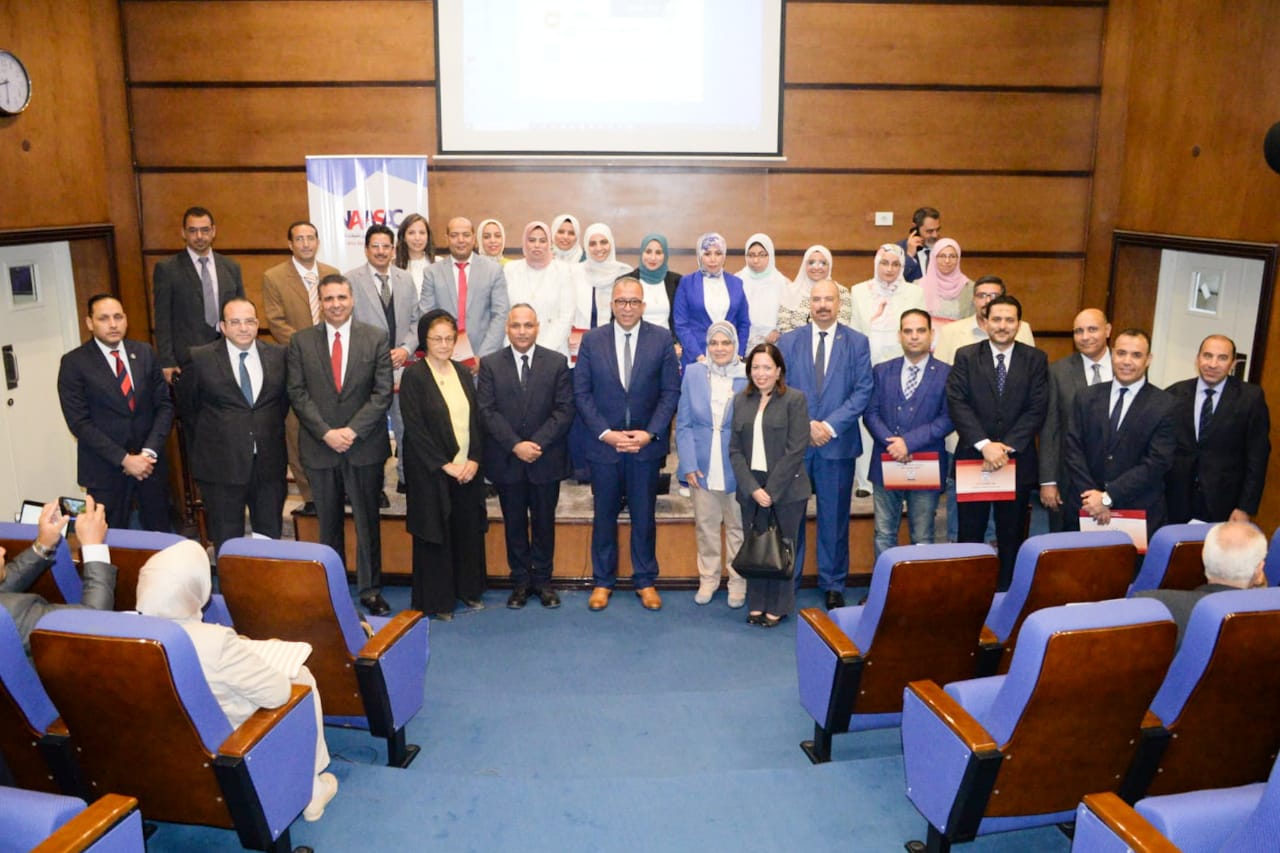
Mai Awad reflects on her participation in the North Africa Applied Systems Analysis Center (NAASAC) Applied Systems Analysis Diploma and how this has transformed her mindset around how systems thinking can empower decision makers to tackle complex global challenges and design impactful policy solutions for a better tomorrow.
Mai Awad is Lecturer of Business Administration at the Institute of National Planning in Egypt, and participant in the first Applied Systems Analysis Diploma offered by the North Africa Applied Systems Analysis Center (NAASAC)
I participated in the first Applied Systems Analysis Diploma offered by NAASAC from June 2022 to January 2023. Topics covered in the course program included systems thinking, foresight, scenario writing, modeling complex systems, applied statistical analysis, social network analysis, systems dynamics, and science to policy.
The NAASAC diploma has changed my mindset completely, both on a personal and professional level. It helped me see the whole picture, the connectivity between parts of the picture, and the root causes of many issues I am dealing with, which I think make me well prepared to deal with the complexity that is shaping our world today.
In addition, I learned that most of today’s problems are the solutions of yesterday. This means that policymakers have to be well informed when designing new solutions, to ensure that these do not lead to new problems in the future. Also, to be prepared for the uncertainty that is shaping our world today, policymakers need to have access to different scenarios and policy options, which can be used as alternatives as different challenges and opportunities arise.
Participants in the North Africa Applied Systems Analysis Center (NAASAC) Applied Systems Analysis Diploma
Finally, this diploma taught me how to design an online program that is interesting and interactive for all the researchers enrolled. This includes considering how to encourage participants to work as a team and gain the skills needed to apply what they have learned during the course to identify real solutions and policy options for urgent problems facing their communities.
As an example, the team I was working with wrote a policy option paper that deals with the problem of multidimensional poverty in Egypt. This paper utilized different tools that can help policymakers visualize the complexity of the multidimensional poverty problem in the country. We used various methodologies and tools including literature analysis, causal loop diagrams, stock flow diagrams, and scenario analysis to understand and measure multidimensional poverty in Egypt. The key results of the paper pointed to the important instrumental role of employment, education, healthcare, population growth, inflation rate, quality of human capital, and development investment in alleviating multidimensional poverty in the country.
There are a number of people I would like to thank for their efforts in helping me through this beneficial and impactful journey, especially Professor Amani El Rayes and Professor Tyseer Aboulnasr. I am grateful to everyone responsible for making this diploma a reality and for the opportunity to continue engaging with alumni of this program and currently at IIASA through IIASA Connect. Aboulnasr shared more updates on NAASAC in a recent IIASA Connect Feature event that may be found here: https://connect.iiasa.ac.at/news/1511450.
Note: This article gives the views of the author, and not the position of the IIASA blog, nor of the International Institute for Applied Systems Analysis.
